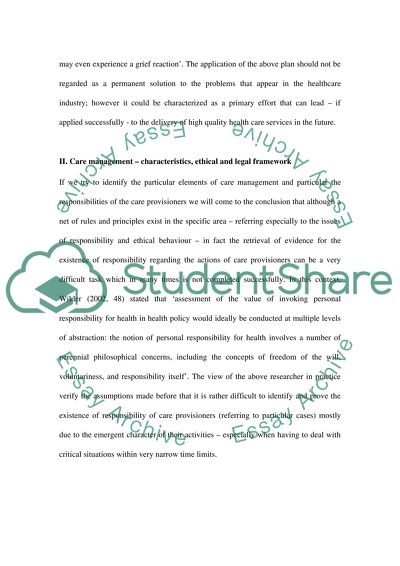Cite this document
(“Discussing and analysing key sociological and psychological issues Essay”, n.d.)
Retrieved from https://studentshare.org/miscellaneous/1538922-discussing-and-analysing-key-sociological-and-psychological-issues-which-underpin-approach-to-care-management
Retrieved from https://studentshare.org/miscellaneous/1538922-discussing-and-analysing-key-sociological-and-psychological-issues-which-underpin-approach-to-care-management
(Discussing and Analysing Key Sociological and Psychological Issues Essay)
https://studentshare.org/miscellaneous/1538922-discussing-and-analysing-key-sociological-and-psychological-issues-which-underpin-approach-to-care-management.
https://studentshare.org/miscellaneous/1538922-discussing-and-analysing-key-sociological-and-psychological-issues-which-underpin-approach-to-care-management.
“Discussing and Analysing Key Sociological and Psychological Issues Essay”, n.d. https://studentshare.org/miscellaneous/1538922-discussing-and-analysing-key-sociological-and-psychological-issues-which-underpin-approach-to-care-management.


